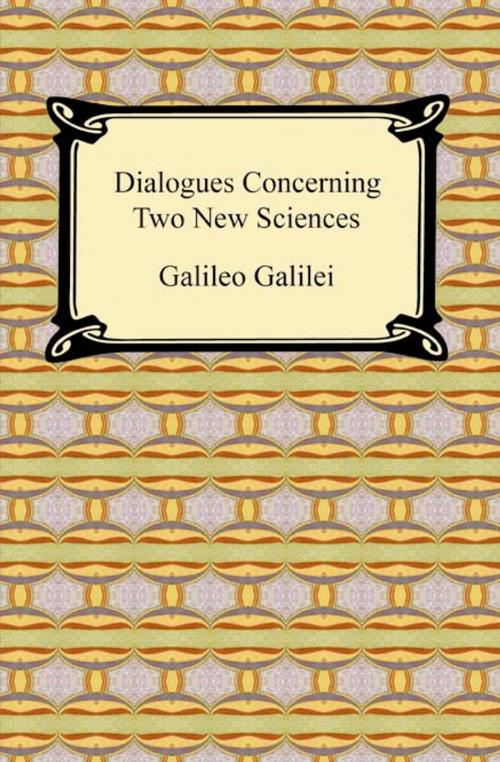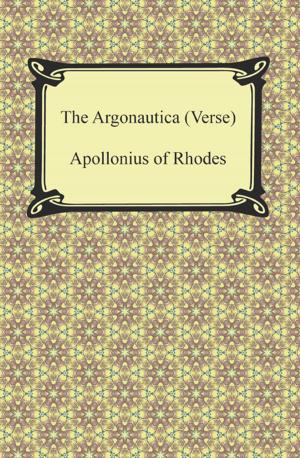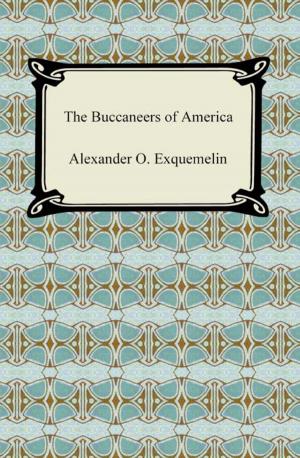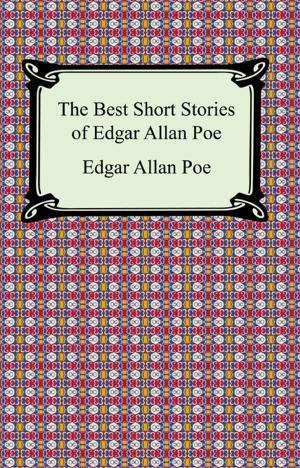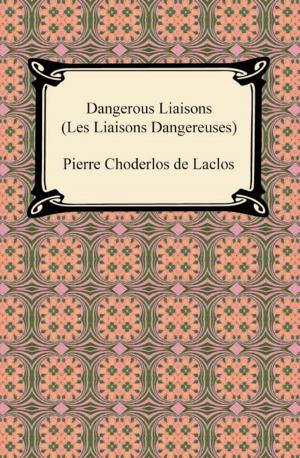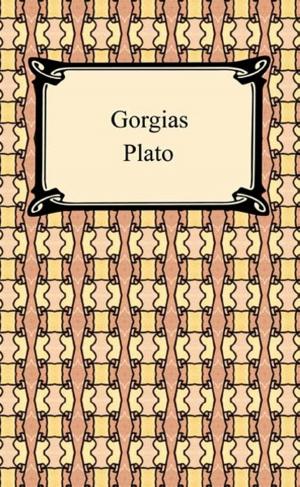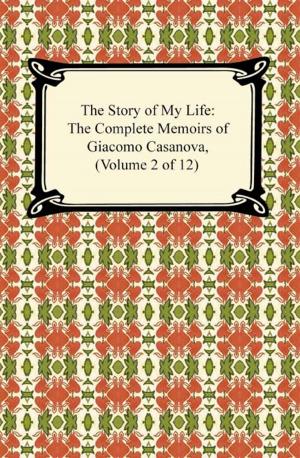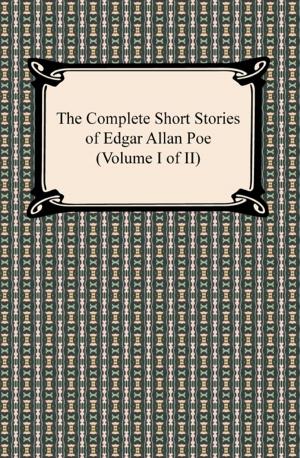| Author: | Galileo Galilei | ISBN: | 9781420939651 |
| Publisher: | Neeland Media LLC | Publication: | January 1, 2012 |
| Imprint: | Digireads.com Publishing | Language: | English |
| Author: | Galileo Galilei |
| ISBN: | 9781420939651 |
| Publisher: | Neeland Media LLC |
| Publication: | January 1, 2012 |
| Imprint: | Digireads.com Publishing |
| Language: | English |
This is the last, and perhaps most important, work by the man Einstein called "the father of modern science." Confined to house arrest in the final years of his life after his heresy trial, Galileo Galilei composed his "Dialogues Concerning Two New Sciences" in 1638 as a sort of magnum opus to a life devoted to scientific experimentation. The book outlines his investigations into physics and astronomy, and includes such topics as the law of free fall, the science of mechanics, the essential nature of matter, the acceleration of falling bodies, the principles of local motion, and the force of percussion. Published without a license from the Roman Inquisition, the work was an entirely uncensored compilation of theories and experiments 30 years in the making. It remains today as one of the most important books in the study of physics, as well as the history of science itself.
This is the last, and perhaps most important, work by the man Einstein called "the father of modern science." Confined to house arrest in the final years of his life after his heresy trial, Galileo Galilei composed his "Dialogues Concerning Two New Sciences" in 1638 as a sort of magnum opus to a life devoted to scientific experimentation. The book outlines his investigations into physics and astronomy, and includes such topics as the law of free fall, the science of mechanics, the essential nature of matter, the acceleration of falling bodies, the principles of local motion, and the force of percussion. Published without a license from the Roman Inquisition, the work was an entirely uncensored compilation of theories and experiments 30 years in the making. It remains today as one of the most important books in the study of physics, as well as the history of science itself.
